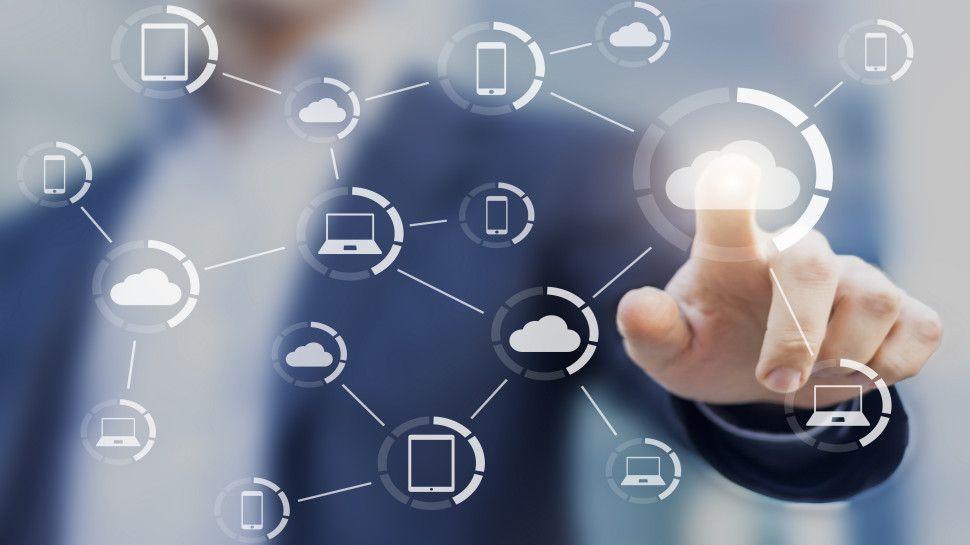- CISPE responds to EU efforts on cloud sovereignty
- Claims new ‘scoring’ system may further unbalance market in favor of US hyperscalers
- US companies are believed to own around 70% of the EU cloud market
The European Union’s (EU) attempts to reduce dependence on US cloud providers and hyperscalers may actually be having the opposite effect, opponents of the plans say.
CISPE (Cloud Infrastructure Service Providers in Europe), a collective of 38 of the continent’s leading cloud players, has criticized the EU’s Cloud Sovereignty Framework, which it says is unlikely to lead to changes in the market.
Particularly despised is the new “sovereignty score”, which ranks providers based on their strengths, but which CISPE says is skewed towards existing (and often American) providers such as AWS, Microsoft Azure and Google Cloud.
A “clear indicator” is needed
“CISPE’s concern is that the Framework’s criteria are so broad and weighted that they could allow a supplier to tick enough boxes to obtain a high score without truly complying with the spirit of European sovereignty,” a CISPE spokesperson said. The Registry.
“More fundamentally, we believe that either you are sovereign or you are not. Customers need a clear indicator. That is not to say that additional technological, legal or other safeguards cannot offer levels of control that are appropriate for the cloud use cases that customers need, especially those involved in global supply chains.”
Cloud and data sovereignty across Europe has become a hot topic in recent months, as customers look for alternatives to US hyperscalers.
Recent findings from Synergy Research claim that AWS, Microsoft and Google Cloud together hold 70% of the European cloud market, while European companies hold just 15%, up from 29% in 2017.
Many British businesses say they are still unsure exactly where their data is stored, even as concerns over sovereignty and evolving regulations have them calling for more local options.
“The new Sovereign Cloud tender provides clarity and transparency on what sovereignty means and how it will be measured in public procurement, an EU spokesperson said The Registry.
“It creates a level playing field where cloud providers in the EU market can demonstrate their sovereignty strengths. It pushes the entire market towards a higher standard and compliance with European values.”
CISPE has had a busy couple of months fighting legal battles across Europe: In July 2025, it announced that its members would now be able to offer Microsoft software under a pay-as-you-go model, without sharing customer data with the company.
The group also made a formal call to challenge the European Commission’s decision to approve Broadcom’s acquisition of VMware in 2023, arguing that the former had imposed “unfair contractual conditions for the cloud infrastructure service.”
The best cloud storage for every budget
Follow TechRadar on Google News and add us as a preferred source to receive news, reviews and opinions from our experts in your feeds. Be sure to click the Follow button!
And of course you can also follow TechRadar on TikTok for news, reviews, unboxings in video form and receive regular updates from us on WhatsApp also.




